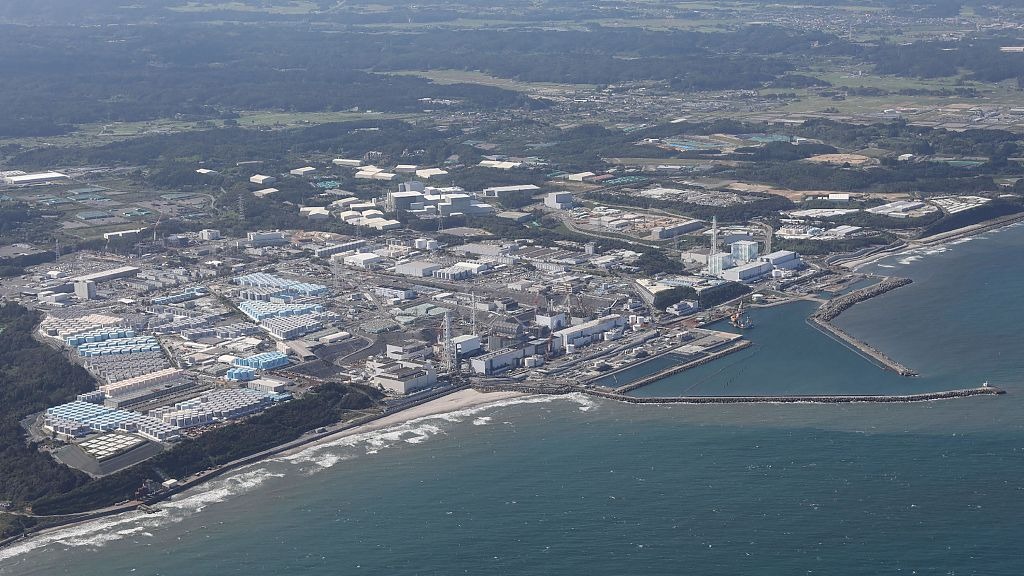In a bid to address growing global concerns about the disposal of nuclear-contaminated water, the Chinese Environment Minister, Huang Runqiu, has urged Japan to responsibly and scientifically manage this environmental issue. Speaking during the 24th Tripartite Environment Ministers Meeting, held among China, Japan, and South Korea, Minister Huang emphasized the need for Japan to fulfill its international obligations and engage in thorough consultations with concerned stakeholders. This issue, he noted, holds significant implications for the global marine ecosystem and public health, making it an imperative subject of discussion during the meeting.
Global Concerns Over Nuclear-Contaminated Water:
The disposal of nuclear-contaminated water is a matter of global concern, with ramifications for both the marine environment and public health. Minister Huang stressed the importance of Japan acting responsibly and scientifically to mitigate these concerns. He called for thorough consultations among the stakeholders involved in the matter to ensure a responsible and well-planned approach to the disposal of the contaminated water.
During the conference, delegations from China, Japan, and South Korea shared their respective national environmental policies and discussed recent developments, underlining the gravity of the situation. Minister Huang Runqiu’s call for responsible management resonated with the shared concerns of the attending nations.
Calls for Collaborative Environmental Initiatives:
In a post-meeting press conference, Minister Huang reiterated the significance of Japan establishing a long-term international monitoring mechanism, one that includes neighboring countries, to effectively protect the global marine ecosystem. This joint approach, he believes, is essential to safeguarding the environment and maintaining regional cooperation.
Huang emphasized the unique position of China, Japan, and South Korea as important cooperation partners, sharing geographical proximity and cultural affinity. He further expressed China’s commitment to strengthening cooperation with both countries, promoting genuine multilateralism, and contributing to the success of crucial environmental multilateral processes. This includes involvement in the 28th session of the Conference of the Parties (COP28) to the United Nations (UN) Framework Convention on Climate Change, the global plastics treaty, and the UN Environment Assembly.
Efforts will be directed towards sharing the experiences of trilateral environmental cooperation with more partners, ultimately making new and greater contributions to regional and global sustainable development. Minister Huang’s call for collaboration echoes the shared commitment of the three nations to address environmental issues collectively.
Tripartite Ministers Commit to Sustainable Growth:
The 24th Tripartite Environment Ministers Meeting reaffirmed the commitment of China, Japan, and South Korea to address common environmental issues, promote sustainable growth, and collaborate on critical global challenges. During the meeting, the implementation of the Tripartite Joint Action Plan on Environment Cooperation 2021-2025 was reviewed, highlighting the collective efforts made by the three nations to work together on environmental initiatives.
The joint communique of the 24th Tripartite Environment Ministers Meeting was jointly signed, signifying a shared commitment to addressing environmental concerns and striving for a sustainable future. This annual event, held since 1999, is a testament to the tripartite cooperation’s dedication to addressing shared environmental issues and fostering long-term sustainability.
In conclusion, the 24th Tripartite Environment Ministers Meeting not only underscored the pressing need for Japan to responsibly dispose of nuclear-contaminated water but also the importance of collaborative efforts among China, Japan, and South Korea to tackle global environmental challenges. The joint commitment of these nations to promote sustainable growth and address pressing environmental issues serves as a beacon of hope in the ongoing global struggle for a healthier planet.
















